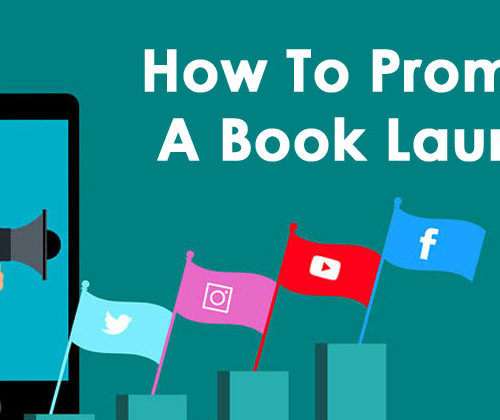
Being an author is challenging. After penning all the great ideas that authors come up with, it is time for those ideas to earn recognition. And to earn that recognition, working with literary industries hastens that goal. For authors who dream big, they usually research on how traditional publishing companies acquire authors.
Surely, working with traditional publishing firms is one of an author’s greatest feats. Yet, traditional publishing companies acquire authors who they think are worthy of their investment. After all, a failed investment only wounds the reputation of companies. So, what exactly are the things to do so that traditional publishing companies acquire authors? A section of this article offers you the answer to that question.
How Traditional Publishing Companies Acquire Authors
Authors dream to impart their message to readers on the widest scale as much as possible. For authors to achieve that goal, they need to earn their spotlight in a market segment they plan to penetrate. Although there are a lot of publishing companies, they always prefer to work with traditional publishing companies. Why is that? The answer is simple. Aside from being cheap or having no cost at all, these companies consist of highly trained individuals who promise to deliver a book’s success.
So, how do traditional publishing companies acquire authors?
First, you need to look for an experienced editor to check your book. Then, search for a literary agent whom you think represents your book best. When looking for a literary agent, you need to conduct careful research about him/her. Each literary agent works on specific literary genres. Hence, sending a query letter to one without conducting research results to an instant rejection.

The composition of a query letter necessitates research. By means of research, you become knowledgeable of the agent’s focus. Imagine if you send a query letter to a literary agent who focuses on non-fiction and you want him/her to represent your poetry. Do you think there’s a chance of being represented by the agent? The answer is a solid no.
Handle Discouragements with Resilience
Discouragements sprout forth form rejection and disappointments. Authors who choose the path of traditional publishing need to have resilience. Rejections really wound pride, making you question the worth of your book. But, rejections from literary agents are common. Also, you endure the long dreadful game of waiting for months to years to hear from these agents. Some query letters receive no responses at all. Should the case be this, make a follow-up email as there is a chance that your previous email never went through.
Once you receive rejection messages or no messages at all, check for glaring grammatical errors or typos in your query. If you think there is none, just keep searching for the right agent and recompose your letter. Don’t think about giving up, for there are a lot of famous authors who faced a lot of rejections. It is never easy to face rejections for they weigh your spirit down. Never allow disappointments and discouragements to overpower your desire to share your message with the world.
Once a literary agent is interested to work with you, which may take 5 months to 5 years or even more, congratulate yourself. Some literary agents usually have recommendations to improve the content of your book. Acknowledge these recommendations. If they find the revision of your manuscript compelling, they’d pitch it right away to traditional publishers. From then on, rest without worries as they do their magic.
The traditional publishing path entails a lot of risks as great successes do. Other than having a really good book, you need to have great patience in playing the game of luck. The chance of finding the right and willing agent instantly is too slight. Just continue to hope and recognize the positive side of rejections.






